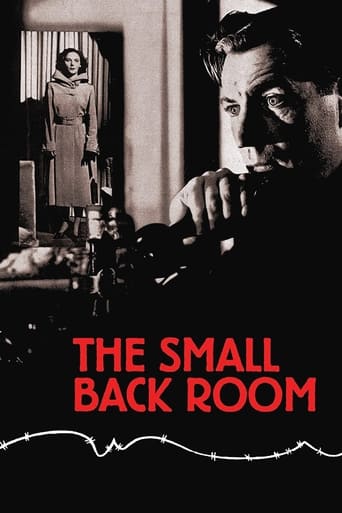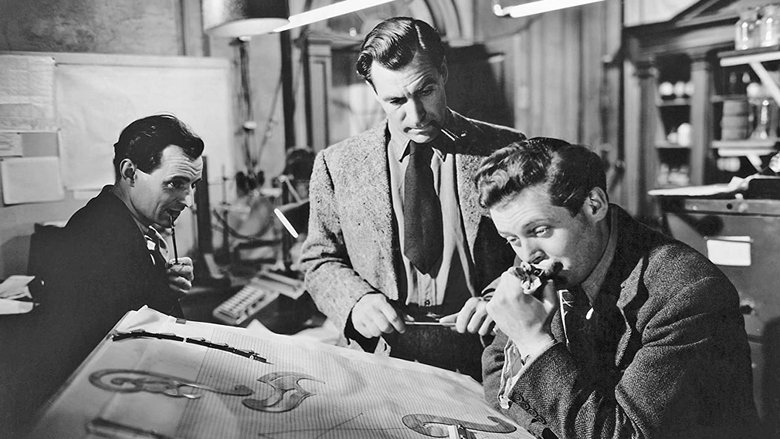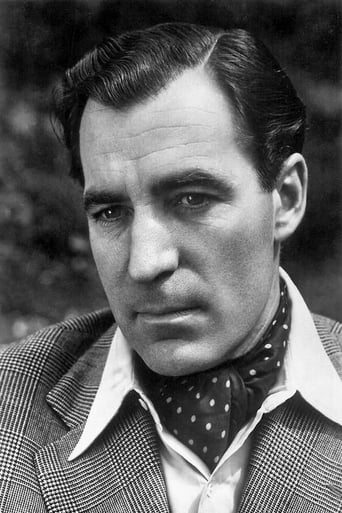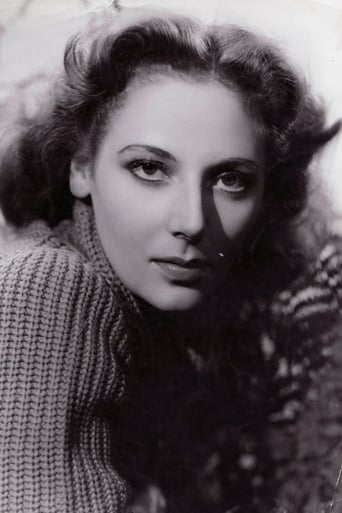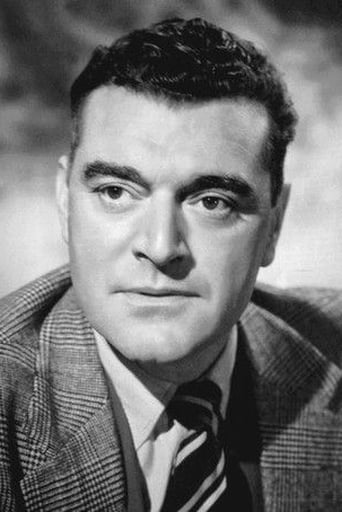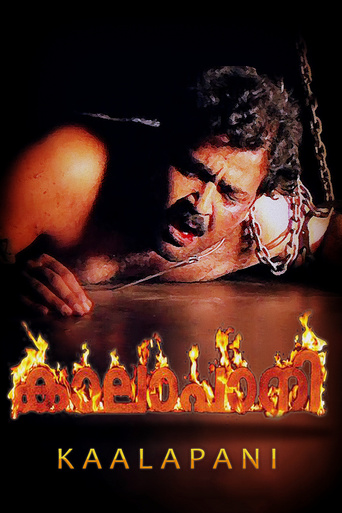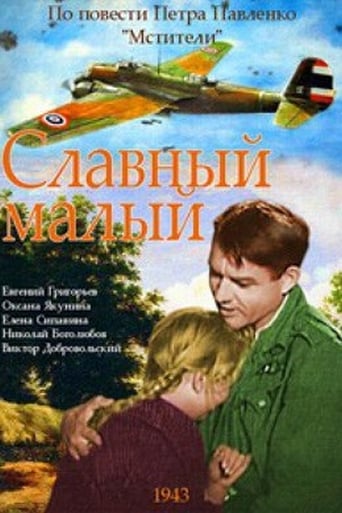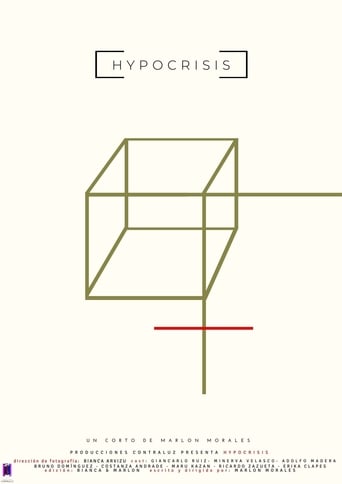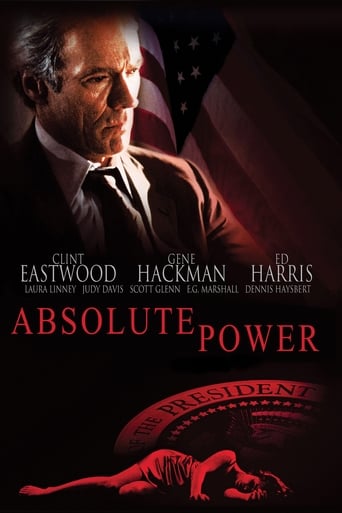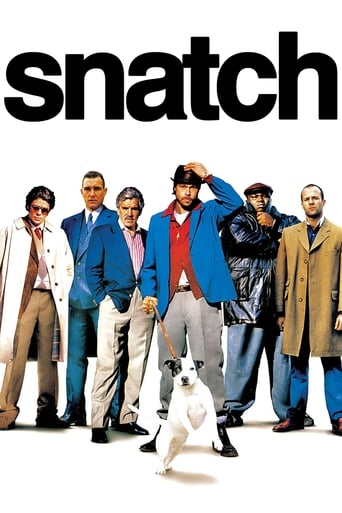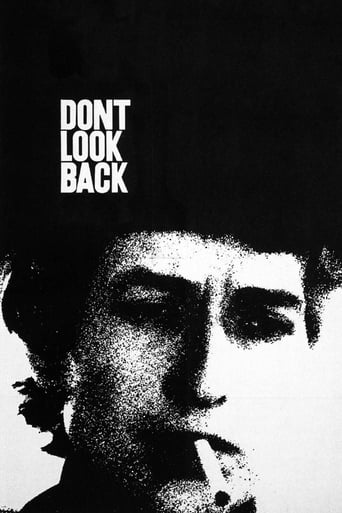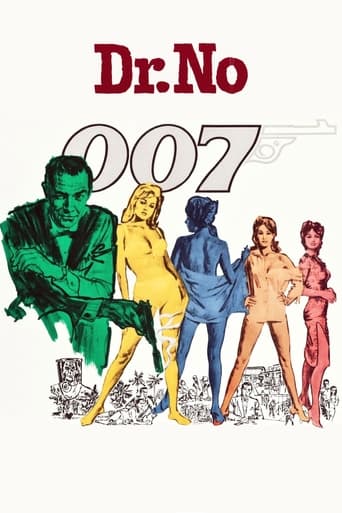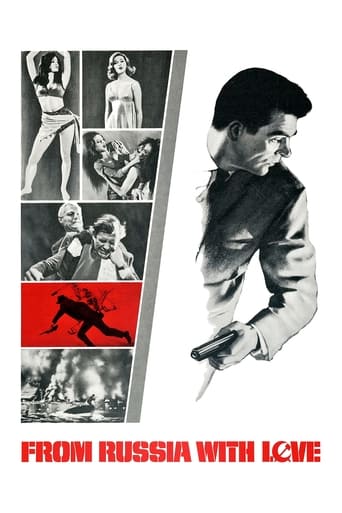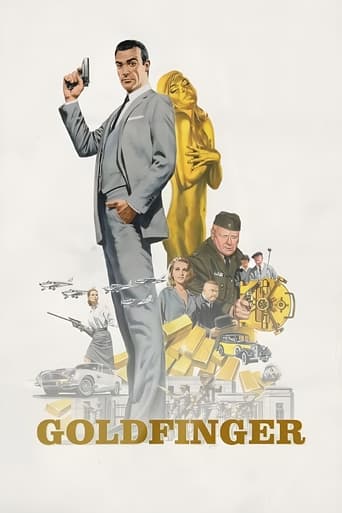The Small Back Room (1949)
At the height of World War II, the Germans begin dropping a new type of booby-trapped bomb on England. Sammy Rice, a highly-skilled but haunted bomb-disposal officer, must overcome his personal demons to defeat this new threat.
Watch Trailer
Free Trial Channels
Cast


Similar titles
Reviews
Let's be realistic.
It is not only a funny movie, but it allows a great amount of joy for anyone who watches it.
The movie turns out to be a little better than the average. Starting from a romantic formula often seen in the cinema, it ends in the most predictable (and somewhat bland) way.
Story: It's very simple but honestly that is fine.
Based on the 1943 novel of the same name by Nigel Balchin, this is an absorbing, if at times very depressing, character drama. As I have come to expect from Powell and Pressburger's films, the duo's writing and direction is excellent. Both are very effective in communicating the struggles that a person goes through while dealing with alcoholism and depression and the negative effect that they can have on relationships. This is certainly helped by the moody, atmospheric cinematography of Christopher Callis. I loved the interaction of light and shadow throughout the film. When it comes to the treatment of the World War II material, the wonderful bomb disposal scene towards the end of the film is the most tense scene of its kind that I have ever seen. In contrast to the duo's earlier films, this was a bit of a flop at the box office. Powell attributed this in part to its extremely gloomy tone, which he did not think sat well with postwar British audiences.The film stars the sorely underrated David Farrar in a first rate performance as a military scientist named Sammy Rice, who is assigned to a "back room" think tank in London which is run by his friend and mentor Professor Mair. Sammy is a bitter, morose man who has a low opinion of most things in life, including himself. He has an artificial foot which is extremely painful but which he refuses to take off while in the company of other people, even his girlfriend Susan. The doctors have naturally given him painkillers but he finds them largely ineffective. He has instead turned to the "noble remedy" of alcohol, which is not much better when it comes to dulling the pain. However, it is effective in dulling his other senses, at least for a few hours at a time. There is a sense that Sammy is merely going through the motions when it comes to his life and, if there had not been a war on, he would probably do nothing more than shut himself away and drink. He is severely depressed, something which is not helped by his heavy drinking, and these feelings have manifested themselves in the form of self-pity. While Susan is more loyal and supportive more than most people would be in those circumstances, she eventually has enough of Sammy's attitude and the fact that he is neglecting her. She tells him that losing his foot means that he can't be a professional footballer but it does not mean that his life is over as he still has a great deal to live for. It becomes clear to Susan that he has no ambition to better himself and she breaks up with him. This sends him on a downward spiral. His drinking becomes even more pronounced and he starts a fight in a bar but is thrown out before it can escalate any further. He even cracks open the bottle of whiskey that he and Susan had been saving for V-E Day. This is followed by an excellent fantasy sequence in which Sammy is almost crushed against a wall by a giant bottle. This symbolism is not exactly subtle but it is extremely effective. The fact that the beginning of the fantasy sequence is accompanied by an extremely loud ticking sound is representative of Sammy's realisation that he is wasting his life. After this, he manages to sober up and begins to get his life back together. The role of Susan could have been a rather thankless one but Kathleen Byron delivers an extremely good performance, her best moment being the breakup scene, and the character always seems like a real person.In one of his first film appearances, Michael Gough is very strong as Captain Stuart, a young officer who comes to Sammy in the hope that he can help figure out the workings of small booby traps which the Germans have recently begun dropping on Britain during raids. This investigation of the booby traps, disguised as thermos flasks, forms a major backdrop to Sammy's struggles with alcoholism and is ultimately one of the reasons that he is able to overcome it. Jack Hawkins is excellent as the think tank's smarmy, sleazy, obnoxious and condescending administrator R.B. Waring, whom both Sammy and Susan feel like punching at different points during the film. I admire their restraint. In a small but uncharacteristically serious role, Sid James is great as the sympathetic bartender Knucksie Moran. The same is true of Cyril Cusack as Corporal Taylor, who is trying to save his deteriorating marriage. Robert Morley, credited as "A Guest," has a fantastic cameo as the incredibly dimwitted Minister in one of the film's only light-hearted moments. The film also features nice appearances from Geoffrey Keen as the civil servant Pinker (who is a bit of a stinker), Michael Goodliffe as Till, Renée Asherson as an A.T.S. corporal, Walter Fitzgerald as Professor Brine, Anthony Bushell as Colonel Strang and, in one of his final film appearances before his death in 1952, Leslie Banks as Colonel Holland.Overall, this is an excellent film, even if it isn't on the same level as the Archers' best work.
Not really knowing what to expect from The Small Back Room, I'm glad to say that I found myself pleasantly surprised by this 1949, British production. It was one of the best character studies that I've seen (from that era) in quite a long time.Set in 1943 (in war-torn London), this beautifully restored, b&w drama held my undivided attention from start to finish.Featuring a good cast (headlined by David Farrar) and impressive camera-work (there's lots of great close-ups), The Small Back Room's story concerns the professional and personal conflicts of Sam Rice, a troubled research scientist and bomb-disposal expert with a "tin leg" and a weakness for whiskey.This solid, intense (and somewhat depressing) story even contains a scene filmed at Stonehenge. As well, there's a rather strange & surreal sequence involving clocks and a distorted whiskey bottle that gets thrown into the mix which may puzzle some viewers.All-in-all - This WW2 drama was well-worth a view.
Nigel Balchin, a woefully neglected novelist, one of the finest British writers of the mid 20th century, wrote two novels against the backdrop of World War 2, his masterpiece Darkness Falls From The Air, written, set in and published during the London Blitz in 1941 and The Small Back Room, published two years later in 1943. Had I been involved in the adaptation of novel to screen the team of Michael Powell and Emeric Pressburger would have been way down my list of candidates if even on the list at all for their penchant for fantasy, faerie-like romance and off-centre plotting does not lend itself to a story rooted in realism. Having said that they manage to make something of a half-decent fist of it with the help of two outstanding leads in David Farrar as boffin Sammy Rice, who, some years before the outbreak of war had a foot amputated and replaced with a tin one and Kathleen Byron as his live-in lover, whipping-girl and colleague in the hush-hush department devoted to shortening the war. As a real-life scientist Balchin's day job means his novels reek with authenticity not least when satirising the Civil Servants who got under his skin; Jack Hawkins grabs his role as R.B. Waring by the scruff of the neck and becomes the oleaginous character more interested in 'selling' a suspect new weapon to the army than in the lives of the men who will have to use it. The climax of sorts involves a fiendish German explosive device tricked out to resemble a thermos flask and it is left to Rice to dismantle it. Both Farrar and Byron had appeared in the previous Powell-Pressburger effort the wildly overrated Black Narcissus and here they more than redeem themselves. A small pleasure.
Between Film Noir and Cassavetes lies...not much. But definitely both this film and Nicholas Ray's In A Lonely Place. Those couples! Their tension stretched to - and almost beyond - the breaking points. That's the mastery: those who find this film dull just...haven't been there. Rarely has a film been so well titled - it's so claustrophobic!And how it all connects: the crippled Sammy with his temper and his drinking problem, and at the same time, with his ineffable mastery. What a great character - so modern in his total impossible - ness.The luminous Sue, photographed so artificially, with the light shining on her face like in some early Sylvia Sidney movie where she's working in a luncheonette, or something like that. And how can you not love those touches of looming surrealism - Teutonic? I don't think so. It's more like Powell saw Chien Andalou right after it came out and was marked forever - besides the clocks and bottles in the "surreal" sequence, that close-up of the bomb on the beach. And I love all those "exotic" (for Great Britain) locales when the film finally opens up - I'm reminded of I Know Where I'm Going. The relentlessness of this film is its genius. But would you say this film looks forward to things like This Sporting Life? I wouldn't, because there's plenty of humor in this film. Powell and Pressburger understand that rubbing the viewer's faces in non-stop misery can just create numbness, and that the humor creates a space of something like distance, where we relax for a moment before plunging again into the gloom of people who obviously love each other, but who have great difficulty in communicating. Oh, that moment when Sue takes both her photo and her kitty away! If that doesn't create an empty feeling in the pit of your stomach...well, maybe you're lucky.

